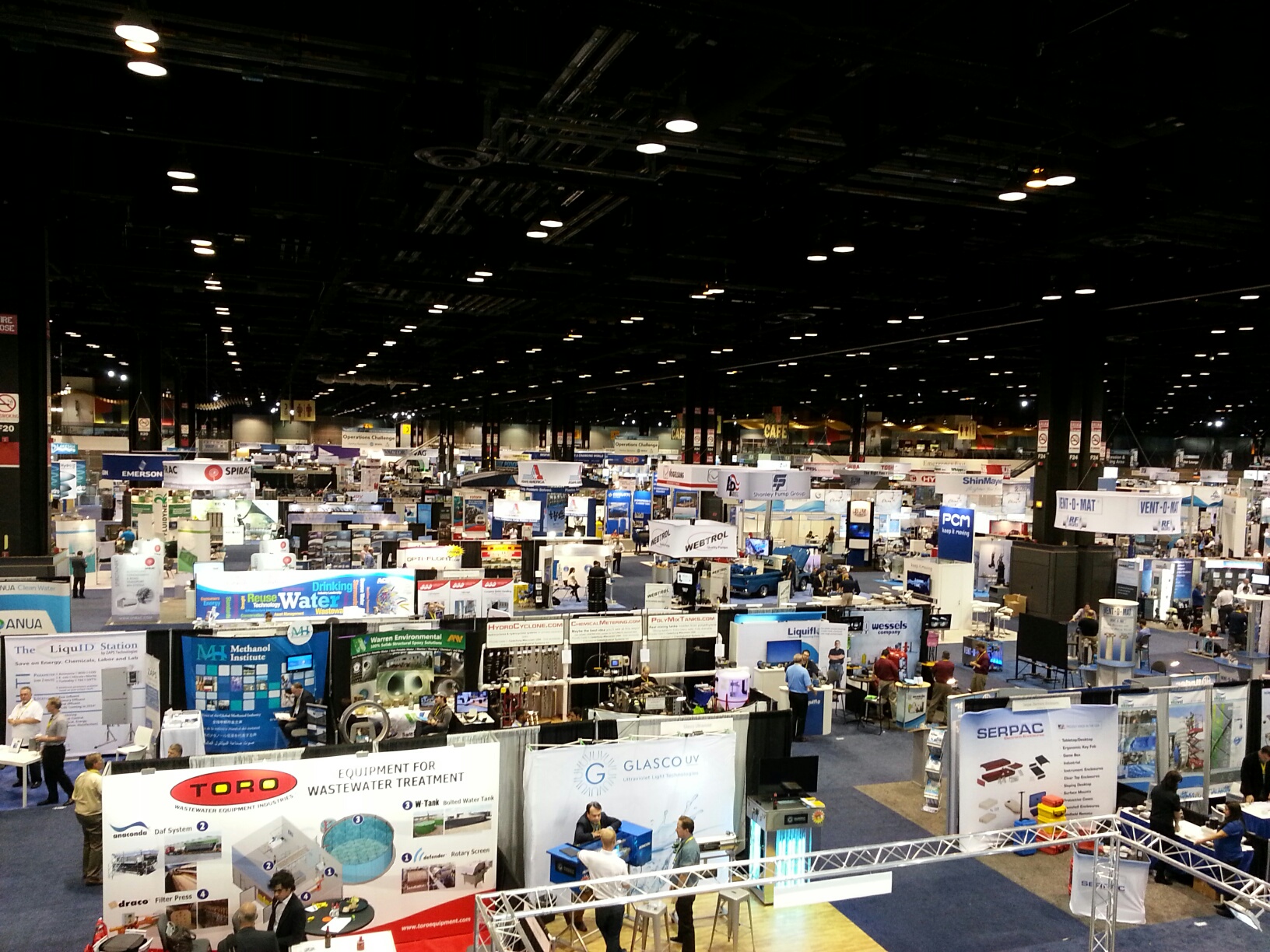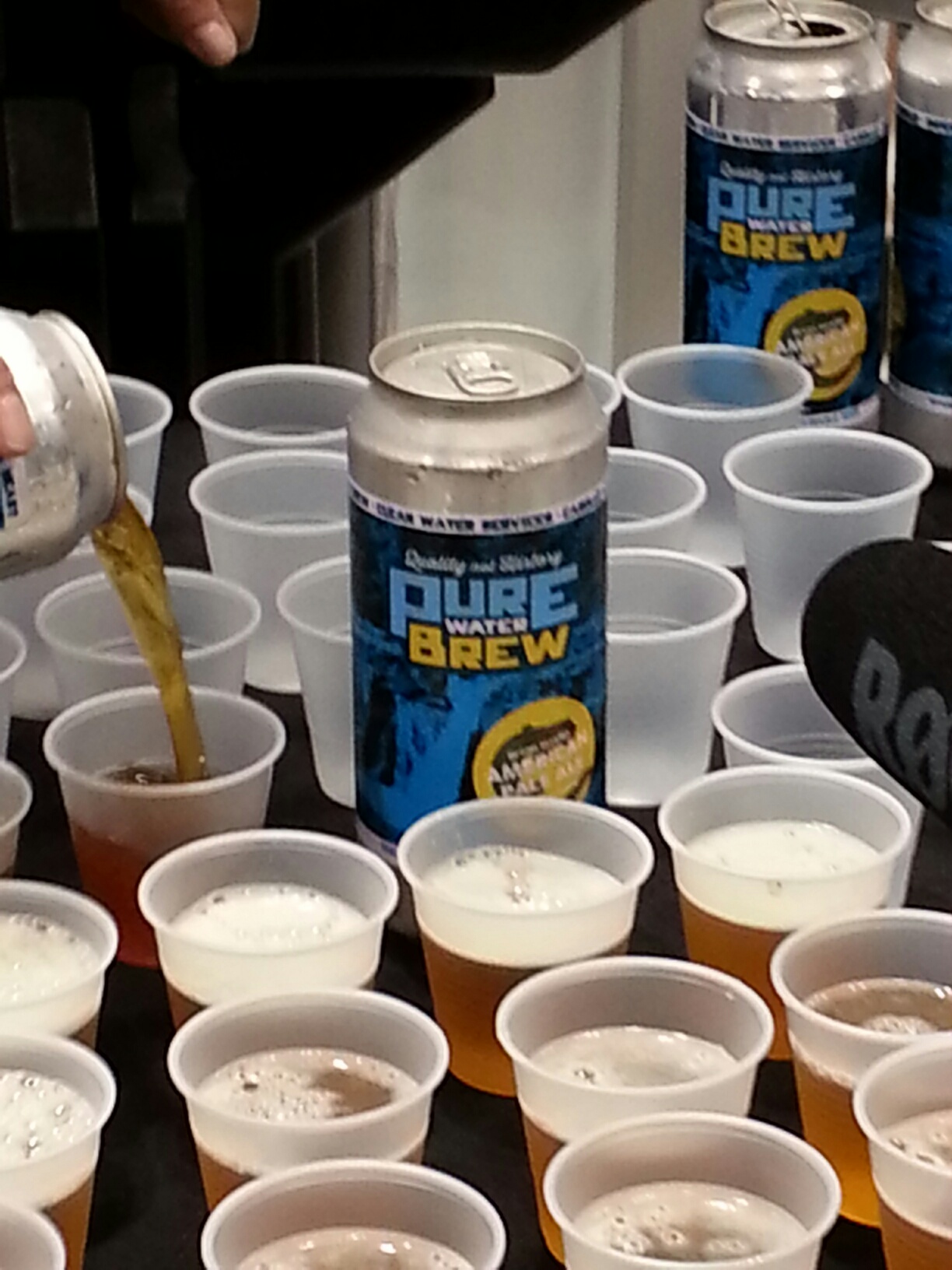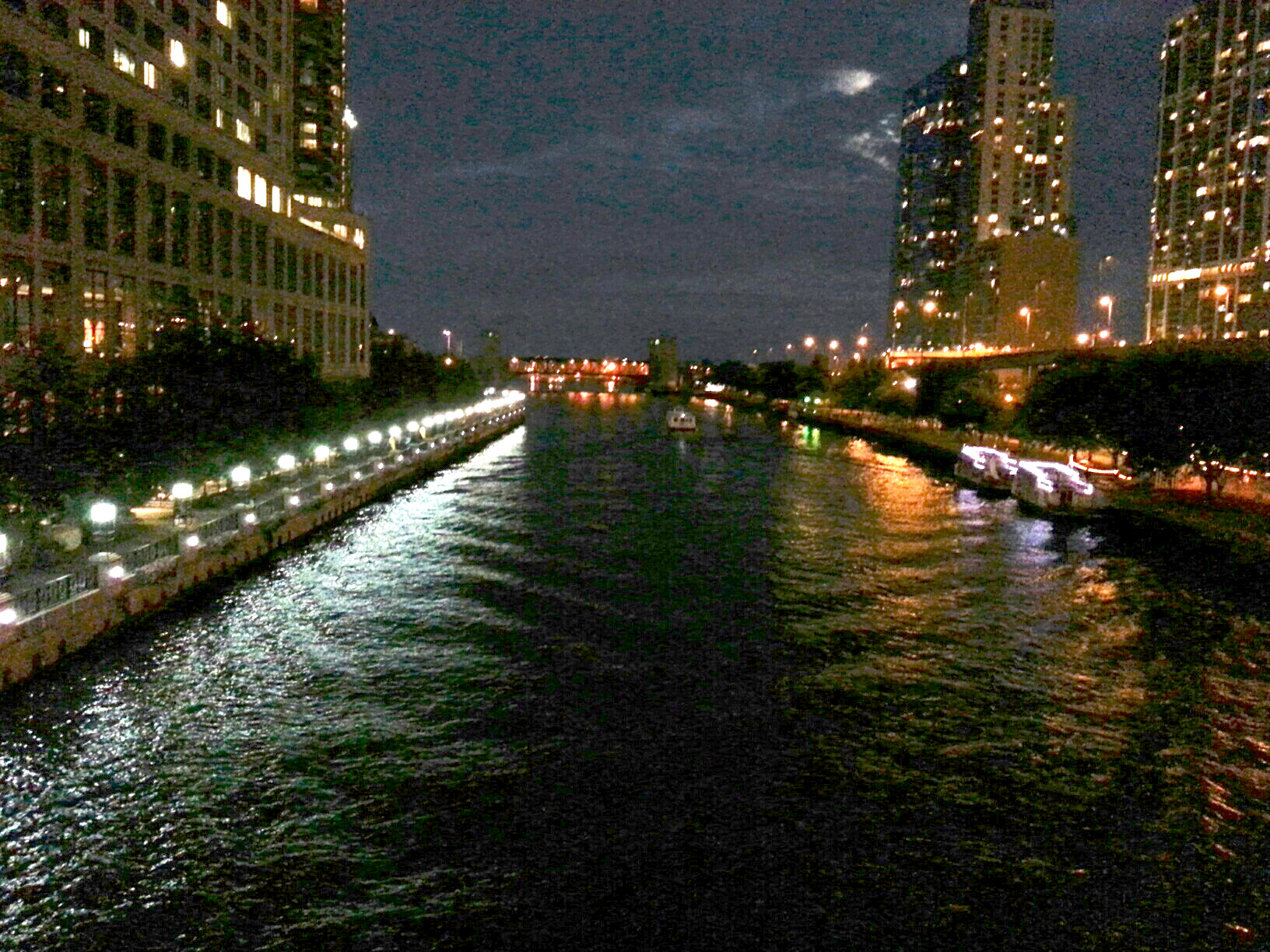WEFTEC 2015
Following close on the heels of my vacation to the Pacific Northwest, I went on a business trip that included attending the WEFTEC wastewater treatment conference in Chicago (I also attended last year).
Note: everything on this blog is solely my own view and is written in my own capacity.
My WEFTEC experience started a day before the main conference and tradeshow with an all day workshop on water reuse in the food and beverage industry. This workshop not only included some interesting and informative presentations, it also provided some great opportunities to connect with other attendees through group exercises and networking breaks. I can't cover everything I gleaned from the workshop in this space; but here is something that I think is worth sharing. In his presentation, Alex Sandhu from MWH had a list of questions that food and beverage processing/production facilities should go through when developing a forward-looking water management plan:
- How much water are we using?
- Where is it going?
- What is the capacity of our existing treatment system, and is it adequate for future needs?
- What water quality is needed for different applications within our plant?
- Can we reuse any water to meet various needs?
- What is the cost of moving and treating water within the plant?
- What is the impact of water (quality, cost, etc.) on our final product (quality, cost, etc.)?
The thrust of questions 4 and 5 is that not all applications have the same water quality requirements, and there are often opportunities to reuse water for less demanding applications ("cascading" from high-quality to low-quality) in addition to treating wastewater to the point that it can be reused for some purpose (common applications include cooling tower make-up water and non-product-contact washing).
The main exhibition was great, and bigger than ever this year. Apparently, there were over 1 000 exhibitors and 25 000 attendees. This meant that I was busy at my company's booth and didn't have time to attend any presentations this year—I'll have to read some of the papers once the conference proceedings are released. ADI, the company I work for, was privileged to be included in this year's Innovation Pavilion, which was a good place to meet people interested in our technologies.
This photo shows just a part of the massive tradeshow floor, in McCormick Place in Chicago:

The Innovation Pavilion was also the location of a fun event where beers brewed from recycled treated wastewater were offered for sampling. This was an opportunity for wastewater professionals at the show to put our mouths where our money is, so to speak. Here is a promotional video for the event, with the message that "water should be judged by its quality, not its history":

This was my first time in Chicago (not counting out by O'Hare airport) and I thought the city was pretty cool. I enjoyed some very good meals with co-workers and others in the wastewater treatment industry. It also looks like Chicago has some incredible museums, although I didn't have time to visit any on this trip. I did enjoy a walk along the waterfront, though.
Fittingly for a location hosting a flagship wastewater treatment conference, Chicago is home to some impressive water quality engineering history. The flow of the Chicago River was reversed (to connect with the Mississippi watershed) at the turn of the last century to keep Chicago's waste from flowing into Lake Michigan, its drinking water source.
